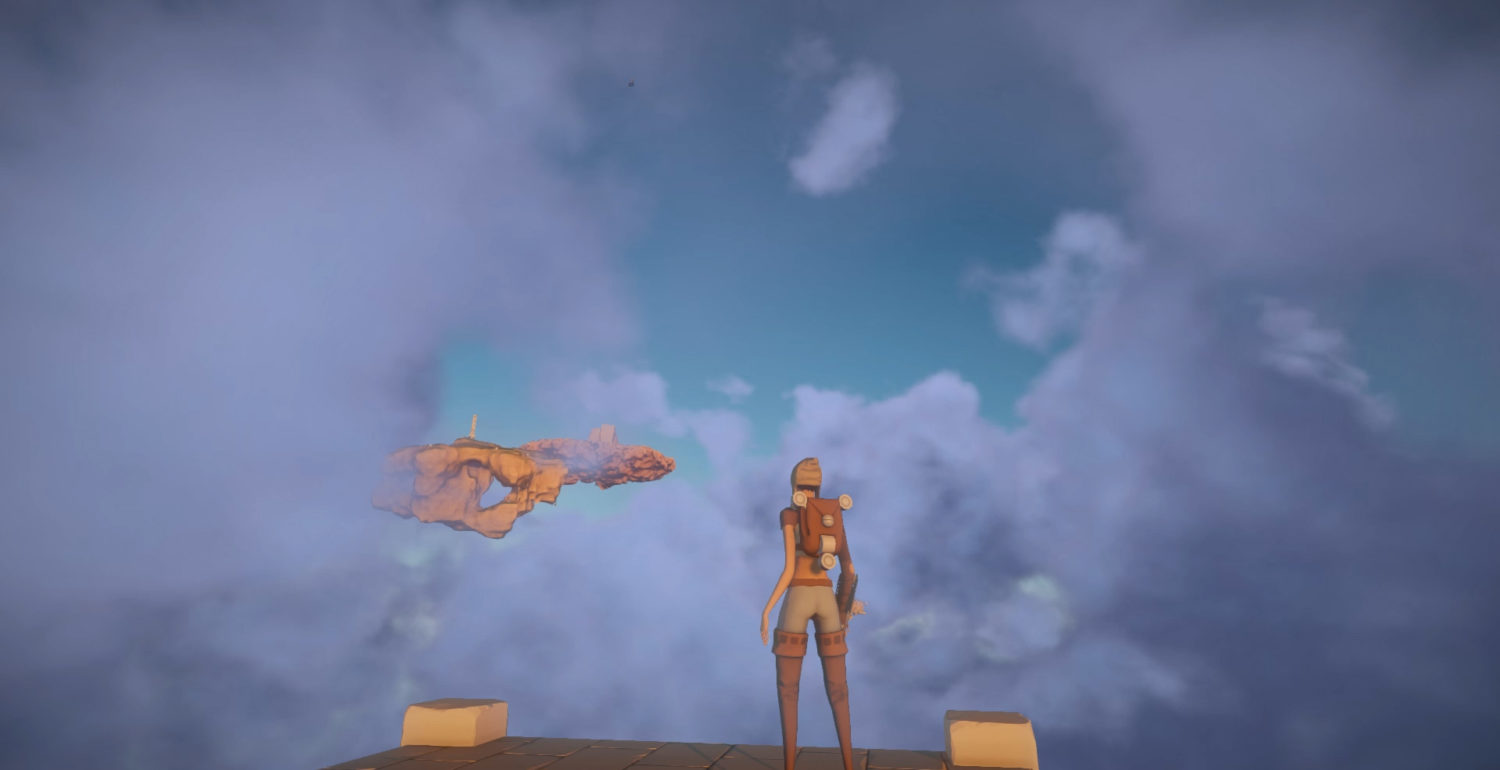Improbable's SpatialOS Heads To Open Beta, Integrates Unreal Engine
Improbable announced at GDC 2017 that SpatialOS, a platform that makes it easier to build massive game worlds, will be available as an open beta starting March 2. The company also said that SpatialOS will soon integrate with the Unreal Engine--it's currently limited to Unity--and revealed the first game development companies given subsidized access to the platform by Google Cloud as part of the new SpatialOS Games Innovation Program.
SpatialOS is all about game worlds. It allows developers to store information across multiple servers and game engines; to use various micro-services at the same time; and to support "a huge number of concurrent players across different devices" in one world. The platform keeps track of all this data and makes it available to all players. The desired result: massive game worlds that respond to player actions instead of feeling like static backgrounds.
Here's what we wrote about MetaWorld, a VR social experience that uses SpatialOS, back in July 2016:
Improbable's SpatialOS distributes the workload across hundreds, and even thousands, of cloud servers. The result is that everyone exists within the same world. MetaWorld doesn’t rely on instances or zones to limit the number of players connected to any given server. The entirety of MetaWorld exists on the same cluster of servers, which means you’ll never encounter a loading screen as you traverse the expansive world—and expansive it is.HelloVR said that MetaWorld's entire map covers nearly 10,000 square miles of traversable space. 'There are no loading tricks or fake backdrops,' said Herman Narula, Founder and CEO, Improbable. 'If you can see it, you can travel to it - step by step if you want to.'
Improbable said "thousands of game developers" have signed up to use SpatialOS. The SpatialOS Games Innovation Program (SGIP?) was formed in partnership with Google Cloud to select a few companies that could benefit from the platform. The company said that the studios have "significantly reduced--in many cases completely eliminated--costs" associated with their use of SpatialOS thanks to the program. The devs and their games are...
Seed by Klang, a game of planetary settlement set in a shared, persistent world, created by a team including former senior CCP (Eve Online) employees.Lazarus by Spilt Milk Studios – a multiplayer top-down 2D shooter set in a huge galaxy populated by artificially intelligent alien factions locked in a war for territory.Chronicles of Elyria by Soulbound Studios – an MMORPG built with the Unreal engine, running on SpatialOS and set in a world where characters age, die, and shape their legacy through multiple lifetimes as different characters.Vanishing Stars: Colony Wars by Ninpo Game Studio – a new type of massively multiplayer real-time strategy game, played across thousands of star systems, each with their own planets to battle on.
To make as big an impact as possible, though, SpatialOS will have to support more than just one game engine. So Improbable announced that it's built an "experimental build" of the platform with support for the popular Unreal Engine. The company will use Dusk, a game it made with the Unreal Engine, to show off the integration's possibilities at GDC 2017. It's also asking game developers with Unreal Engine experience for their input on a project.
Get Tom's Hardware's best news and in-depth reviews, straight to your inbox.
SpatialOS makes a lot of promises that many people have heard before. Online games have long claimed to offer massive, persistent worlds on which gamers can leave a lasting mark. The reality is much different: People are split between a couple different servers that are often wiped and which don't respond to player actions in a noticeable way. Structures disappear, enemies rise from the dead, and everything is a server wipe away from oblivion.
Improbable chose a good name, then, given its ambitions. The company will host a number of talks during GDC 2017 to give developers a chance to learn more about SpatialOS; the company's full schedule for the conference is available on its website.

Nathaniel Mott is a freelance news and features writer for Tom's Hardware US, covering breaking news, security, and the silliest aspects of the tech industry.
